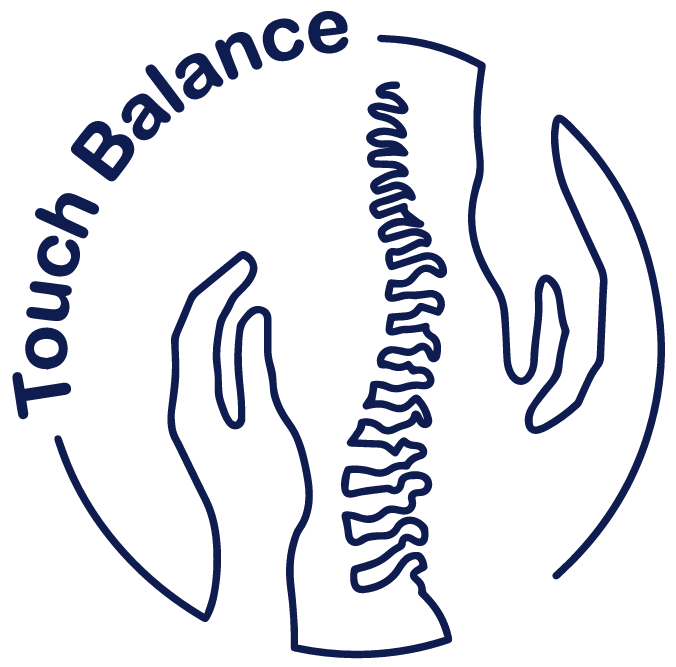

Preparing for a visit:
What hurts you?
For a few days before your appointment, observe your discomfort, think about when the pain occurs, what brings you relief. Does the pain localize only in one place, or does it radiate to other parts of the body.
Research
If you have examinations and opinions from specialists about your problem, take them with you, they can prove to be a valuable clue for your therapist. If you haven't diagnosed your problem yet, that's no problem! Come, and if we think it is necessary we will order the appropriate tests for you. You do not need a referral from a doctor to our facility. We do not provide National Health Insurance services, so you can make an appointment without any referrals.
Past injuries
Try to recall diseases and injuries from the past. We are talking about fractures, sprains, surgeries or systemic diseases. Remember, the more you tell us, the more we will be able to help you!
Hygiene
Take care of your hygiene before the procedure. If possible, take a shower before coming to the surgery. Especially on hot days or after a workout. This will increase both your and the physiotherapist's comfort. Showers and towels are also located in the practice area, so you can just show up a few minutes early :)
Appropriate attire
Wear non-restrictive underwear and/or short shorts and a T-shirt to change into, as most physiotherapy treatments require direct skin contact. It is most important to us that you feel comfortable in the office. If you are not comfortable with exposing a certain part of your body, tell your therapist about it, we are sure you will find a solution together.
Medications
If possible, do not take painkillers and anti-inflammatory drugs on the day of your physical therapy appointment. Medications reduce discomfort during movement tests (diagnostics), which can camouflage the true cause of pain.
Punctuality
Ensure that you arrive at the office a few minutes before your treatment. Take off your jacket and sit in the waiting room. Drink the glass of water you find on the table and wait until the physiotherapist invites you into the office.
A visit to a physiotherapist consists of:
- a medical history,
- movement tests,
- visual inspection and palpation of dysfunctional areas of the body,
- therapy,
- recommendations.
After therapy:
- remember to follow the physiotherapist's recommendations,
- if something is not clear to you, ask! We will be happy to dispel your doubts,
- plan your day so that after therapy, on the same day you no longer undertake much physical activity.